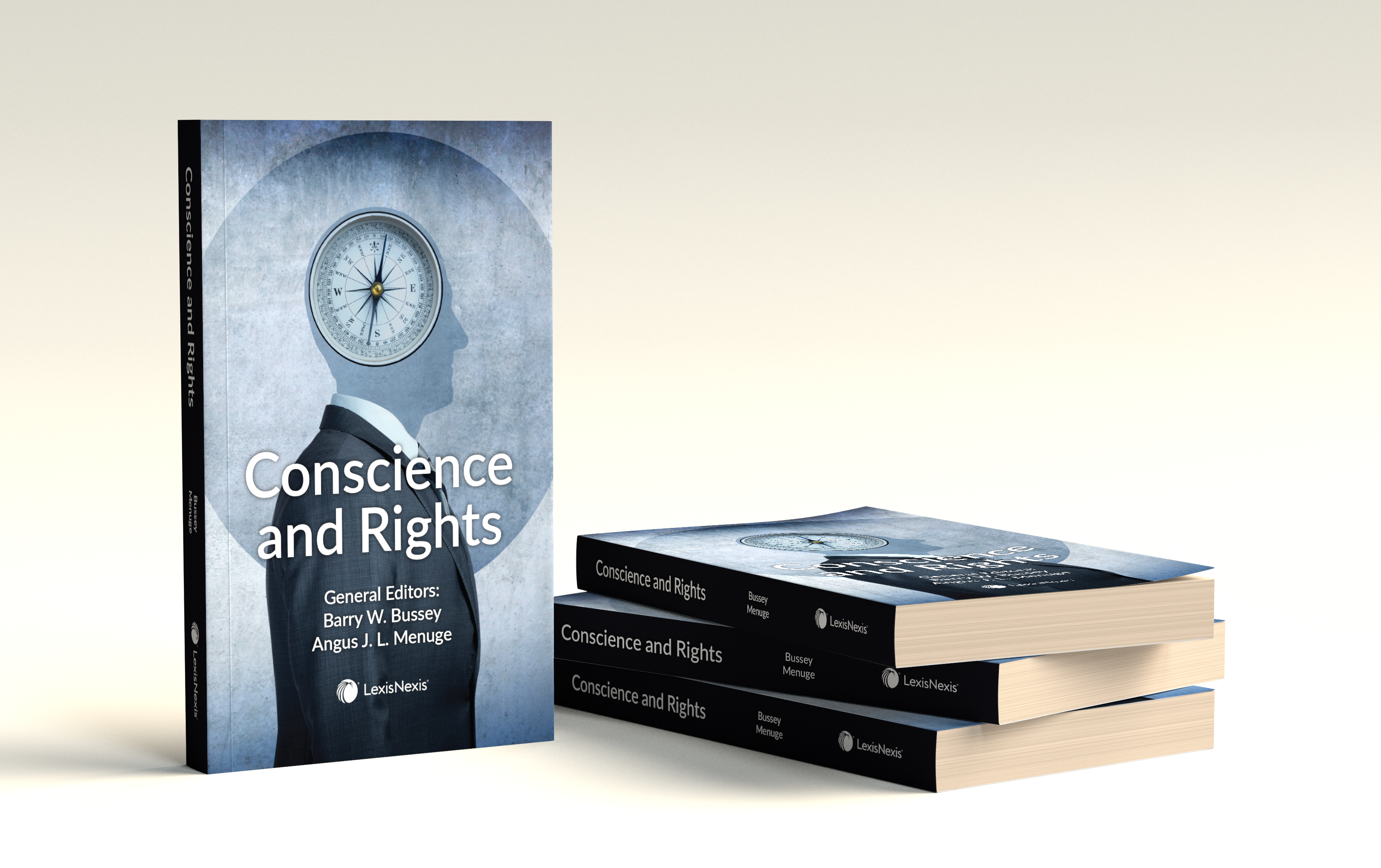
Conscience and Rights
This collection of papers takes a fresh look at the nature and authority of conscience, and considers the extent to which the law should recognize claims of conscience.
Why should the law take claims of conscience seriously?
This is not an easy question to answer because there are many different accounts of what the conscience is, and many different views of the authority of conscience. Is conscience a faculty capable of moral knowledge, or merely a vague term for subjective moral feelings? Do conscience claims deserve public recognition and legal protection, or are they just expressions of private convictions?
One thing seems clear. A free society governed by the rule of law should avoid two extreme views of the conscience. At one extreme lies totalitarianism, in which individual conscience has no weight at all: central government is entitled to make one-size-fits-all laws for the good of the state, and conscientious objection is criminal defection. Yet, at the other extreme, conscience is divinized, treated as the very voice of God, and this may result in an antinomian, chaotic individualism. If anyone can defect from any law to which they conscientiously object, how can there be a society?
This collection was developed from the International Association for Philosophy of Law and Social Philosophy (IVR) World Congress in Bucharest, Romania in 2022. The essays take a fresh look at the nature and authority of conscience, and consider the extent to which the law should recognize claims of conscience.
The Collection of Papers
- Angus J. L. Menuge and Barry W. Bussey − Introduction
- Paul Copan − Some Preliminaries on Conscience, Morality, and the State
- David Guretzki − Three-Dimensional Conscience: A Theo-Legal Proposal for Testing Conscience Claims
- Hendrik Kaptein − Conscience Inside Out: From Inner Compunction to Common Reason in Action
- Michał Rupniewski − Understanding Fundamental Rights: The Role of Conscience
- Barry W. Bussey − The Independence of Judicial Conscience
- Justice Dallas K. Miller and Angus J. L. Menuge − Public Policy in Crisis: When May the Government Override Rights of Conscience?
- Claudia Mariéle Wulf − The Inner Compass and the Outer Law: Insights into Functions and Malfunctions of the Conscience
- Brian Bird − Conscience and Democracy
- Andy Steiger − Rights and Responsibilities of Conscience: The Courts Cannot Have It Both Ways
- Janet Epp Buckingham − Medical Conscience Rights (and Wrongs) in Canada
Conscience and Rights is a collection of papers developed out of the Supreme Court Law Review, Second Series.